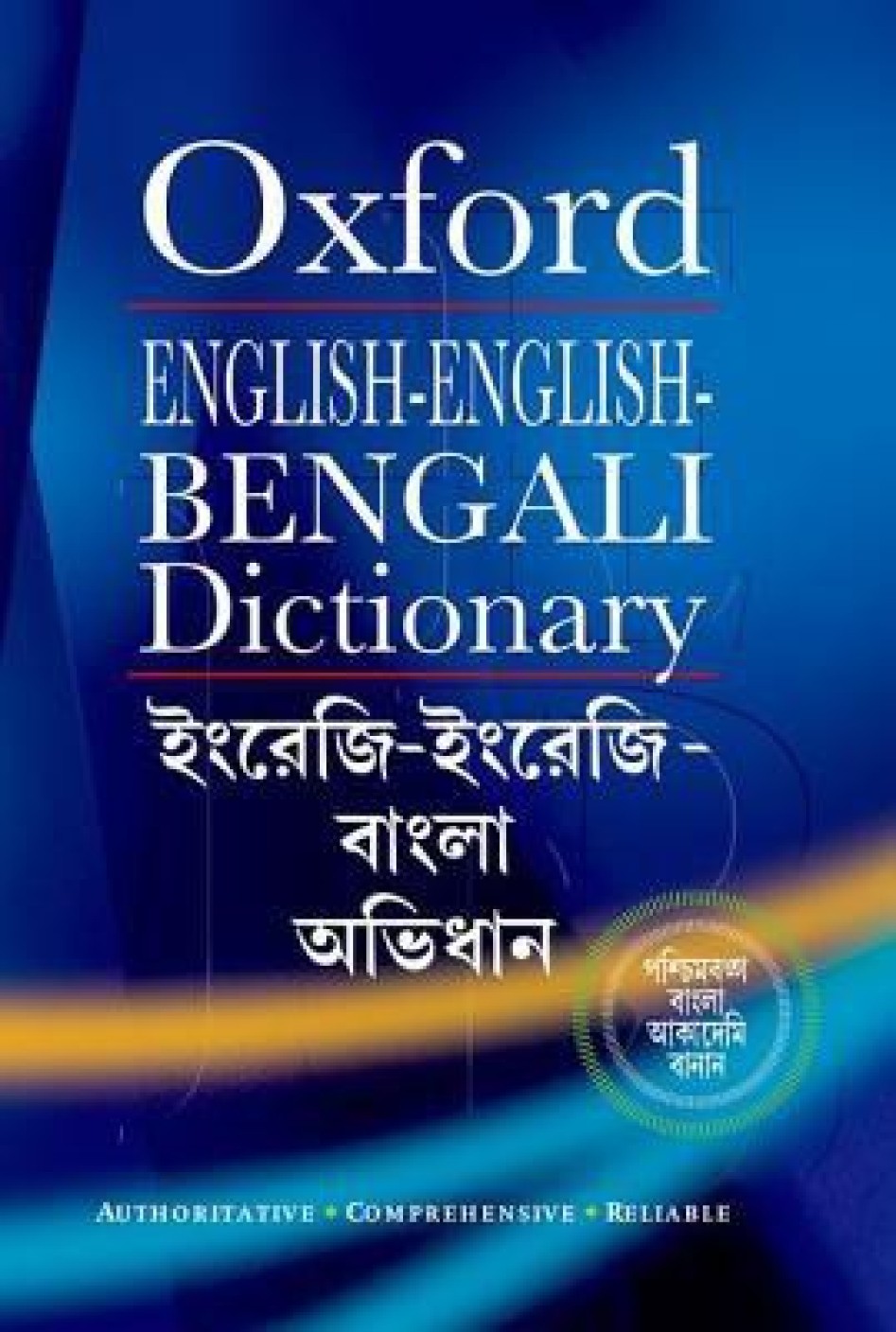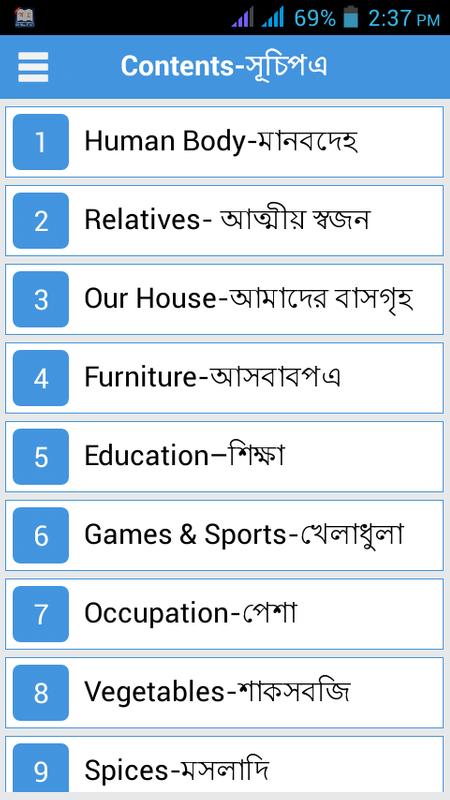

In many languages, the notion of what constitutes a "word" may be learned as part of learning the writing system. In turn, words are combined to form other elements of language, such as phrases ("a red rock", "put up with"), clauses ("I threw a rock"), and sentences ("I threw a rock, but missed").

Words with more than one root ("er", "s", "ically") are called compound words. : 768 In English and many other languages, the morphemes that make up a word generally include at least one root (such as "rock", "god", "type", "writ", "can", "not") and possibly some affixes ("-s", "un-", "-ly", "-ness"). Morphemes can also be joined to create other words in a process of morphological derivation. Words are made out of at least one morpheme.

The concept of "word" is distinguished from that of a morpheme, which is the smallest unit of language that has a meaning, even if it cannot stand on its own. Others suggest that the concept is simply a convention used in everyday situations. : 13:618 Some specific definitions of the term "word" are employed to convey its different meanings at different levels of description, for example based on phonological, grammatical or orthographic basis. Different standards have been proposed, depending on the theoretical background and descriptive context these do not converge on a single definition. Despite the fact that language speakers often have an intuitive grasp of what a word is, there is no consensus among linguists on its definition and numerous attempts to find specific criteria of the concept remain controversial. The practice of separating words with spaces was not universal when this manuscript was written.Ī word can be generally defined as a basic element of language that carries an objective or practical meaning, can be used on its own, and is uninterruptible.


 0 kommentar(er)
0 kommentar(er)
